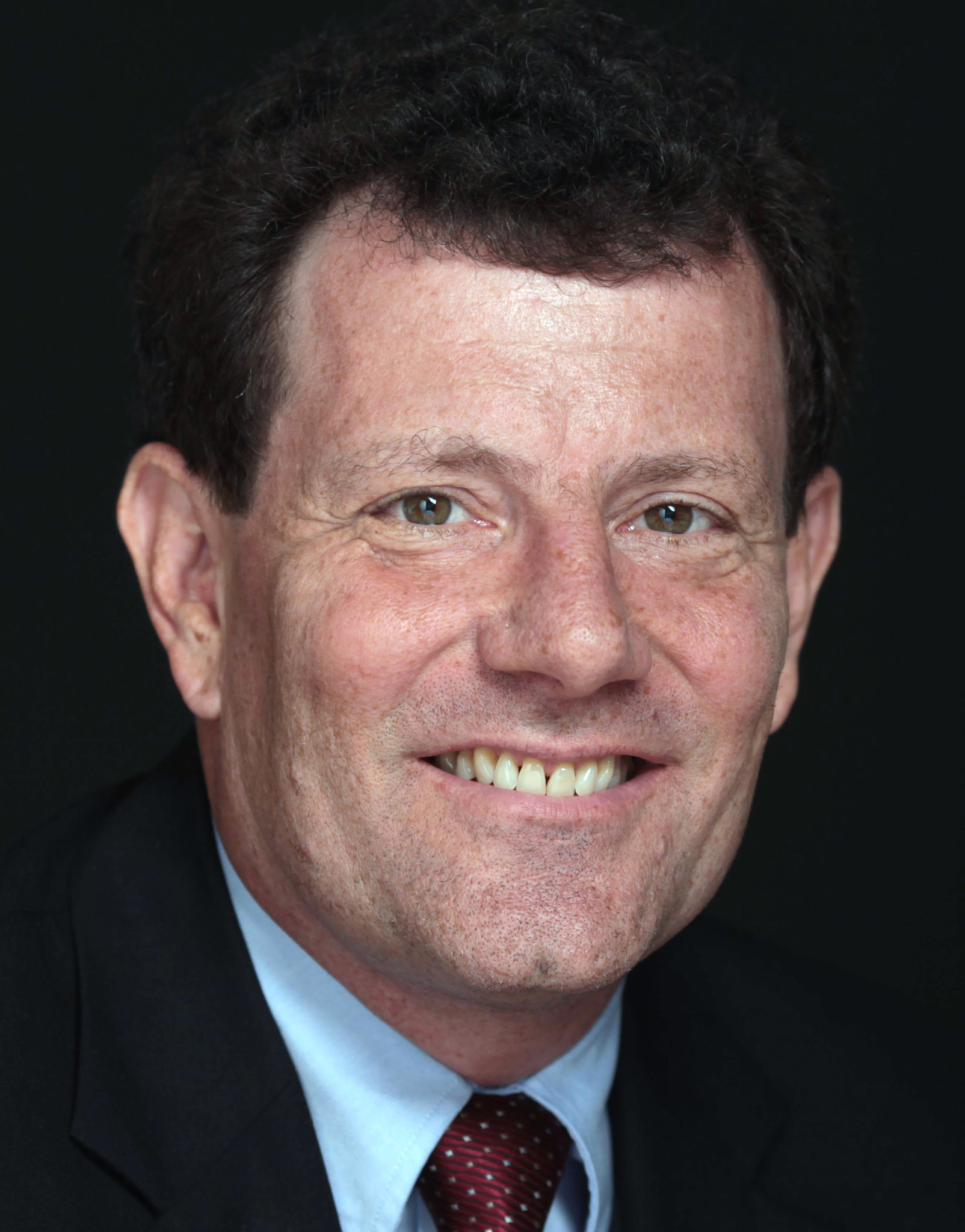Friend Grief and Shaming
Jan 27, 2015 by Victoria Noe, in Friend Grief
, Friendship
, Grief
, grief and guilt
, men's grief
, New York Times
, Nicholas Kristof
, shaming
 |
| Nicholas Kristof - NY Times |
I’m not sure when it began, this need to feel morally superior. But we see it everywhere. “My beliefs/race/gender/income/profession make me better than you” permeates our society. And sadly, we even see it when we grieve our friends.
Perhaps it’s as simple as a need to find a logical explanation for something that doesn’t make sense. Assigning blame makes us feel a little better about what happened. Some of the responses I’ve heard when sharing the news of a friend’s death are:
“A bodybuilder? Steroids, huh?”
“Melanoma? Did they go to tanning salons a lot?”
“Heart attack? Well, they were overweight.”
“AIDS? They must’ve slept around.”
Your first reaction may be to dispute their assumptions. Or you may feel ashamed that they got it right.
If you’re like me, the cause of death is not often foremost in your mind. You’re reeling from hearing the news of your friend’s death. You’re trying to make sense of it. Maybe you’re even blaming yourself for not intervening in some way.
This past weekend, Nicholas Kristof wrote a painful eulogy to his friend, Kevin, in the New York Times, “Where’s the Empathy?”
“The doctors say he died at age 54 of multiple organ failure, but in a deeper sense he died of inequality and a lack of good jobs.”
You can argue Kristof on politics and job creation, of income inequality and the shrinking middle class. He would probably welcome such a discussion. But what you can’t do – must not do – is criticize him or his friend.
Kristof’s grief for his high school buddy is searing. “I have trouble diagnosing just what went wrong…” he writes of his friend’s downward spiral to a much too early death. Resist the temptation to ask why Kristof didn’t do something to help his friend. Imposing guilt – which seemed to be an undercurrent in his op-ed – is not helpful to anyone.
Kevin Green’s story could happen to anyone. In fact, it’s already happened to a lot of people. A factory job used to be the cornerstone of a solid, middle-class lifestyle. Now those jobs have dried up, and people like Kevin are the “collateral damage”.
When I was working in the AIDS community, I was often asked “how did they get it?” That struck me as pretty offensive, just like the other comments I mentioned above. If someone says something stupid like that to you after your friend dies, you might want to respond as I did: “What difference does it make? They’re dead.”
Not polite, I’ll admit, but it usually shut them up. Your grief for your friend is yours and important. It should not be subject to someone else’s value judgment. Whatever the circumstances of their death, maybe this, Kristof’s closing words to Kevin, will help you focus on your friend, too:
“Those who would judge you don’t have a clue. They could use a dose of your own empathy.”

